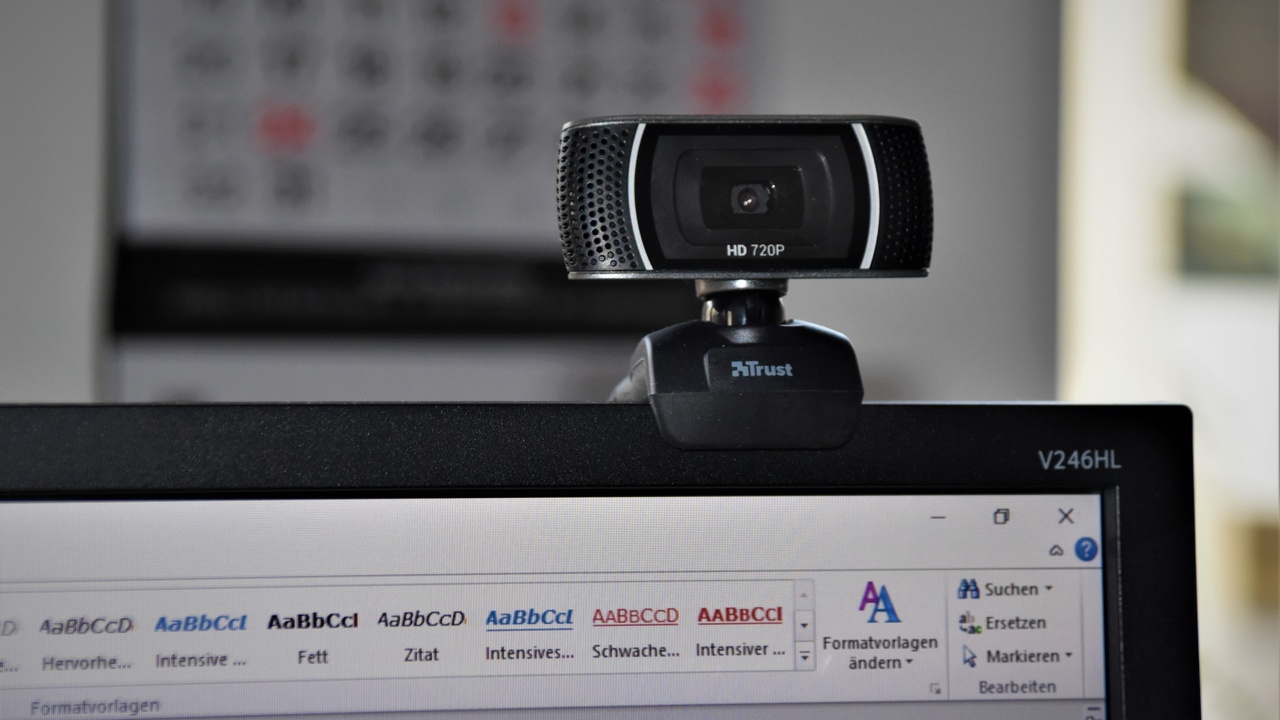5 Tips to Cure Your 'Yips'

By John Millen
If you don't play golf or another sport you may not have heard of the "yips." But you may be experiencing this unsettling condition nonetheless.
The yips are defined as "a sudden and unexplained loss of ability to execute certain skills in experienced athletes."
You need only check this Wikipedia post about the “yips,” to see how this mental break pervades most sports. From professional golfers who miss 6-inch putts to professionals in baseball, cricket, tennis and others.
But I've aIso witnessed the yips in business where my clients have had moments of performance anxiety and unexplainable misfires in simple meetings and presentations.
We tend to think of the mind and body as separate, but at moments like these, we realize they are inseparable.
It’s why I tell my friends and clients that “golf is 95 percent mental,” and they shake their heads and agree, and then I add “and five percent mental.”
I have a close friend, a solid golfer I’ve played with for years, who is currently lost in the game and has stored his clubs for the past six months. Every attempt to hit balls on the range or on a course is full of misfires. It’s like he never played the game before.
I’ve been there too. I had developed a shank, where the ball suddenly darts off to the right. Thankfully, I’ve managed to reign it in, but it was as much a psychological process as it was physical.
Business anxiety
In business, I’ve seen this with clients, including CEOs and other senior leaders who seem perfectly fine on the surface but suffer inside. This is because anxiety is situational so their lapses may appear unexpectedly and in peculiar ways.
For example, I have a woman CEO client who is a great speaker to large audiences and awesome one-on-one. But when talking to a small group of, say, 12 people she would feel deep anxiety, get short of breath and start to freeze up.
It’s a real problem because that’s the size of her board of directors. Why does this happen? There’s no rational explanation. She knows intellectually that she’s capable of handling this size group, but her mind and body still respond with anxiety.
The good news is that after we worked together for a few months she found her comfort zone and has not relapsed.
I’ll wager that you’ve experienced something similar in your life, perhaps the inability to answer even a simple question during your presentation. It happens.
While there’s no easy answer to this complex problem, here are five tips to cure your yips:
1. Realize you’re not alone
I can tell you from working intimately with hundreds of leaders and entrepreneurs that we all experience some form of a mental misfire. It means you’re human.
2. Face your fears
Our natural tendency is to withdraw from the activity that created our mental and physical lapse. But that only reinforces the fear and the sense that we can't achieve our normal state.
Even if you need to move in increments it’s best to face your fears and take small steps forward. Your amygdala, the fight or flight part of your brain, will resist. Thinking it is keeping you safe from harm the amygdala will turn up your anxiety.
Breathing and movement will help you to calm those nerves. This takes courage but when you get to the other side you've made progress and will restore your confidence.
3. Create a routine
Scientists say that some 40 percent of our actions, like driving a car, are powered by mental routines, which are designed to conserve brain energy.
We find comfort in routines. It’s why I’m such an advocate for the planning and rehearsal of presentations by my clients. Establish your own routines for the activity that might challenge you with misfires. Consistently stay with the process you develop.
Focusing on the process takes you out of your own mind where the uncertainty lies in wait.
4. Reward yourself for small wins
Nothing will encode new, positive habits more than small wins and rewards. When you make a move in the right direction give yourself an instant reward. It doesn’t have to be major.
Just an example: If your anxiety is related to having a tough conversation, put it on the schedule and eat a piece of chocolate. Write an outline of what you’ll cover in the talk, eat a chocolate. Have the talk with the person, eat several chocolates.
I know it might sound silly, like Pavlovian dog training, but it’s how we operate as human beings.
5. Be patient with yourself
In my experience high achievers have high standards, but also a loud critical voice inside that can be unsparingly harsh.
I just pulled an old book off of my shelf, Zen Golf, Mastering the Mental Game. The author, Dr. Joe Parent, is talking about golf but this applies to our business and personal lives.
“If you make a swing that falls short of perfect (for you), don’t get down on yourself or try to fix your swing. Instead, direct your awareness to reflect on what might have interfered….
Don’t change your swing, change your mind. Clear the interference, then trust your own perfect swing, and it will give you the most consistent results.”
That’s the answer. If you develop something like the yips in your life, work on clearing your mind. Because, remember, life is 95 percent mental…and five percent mental.








